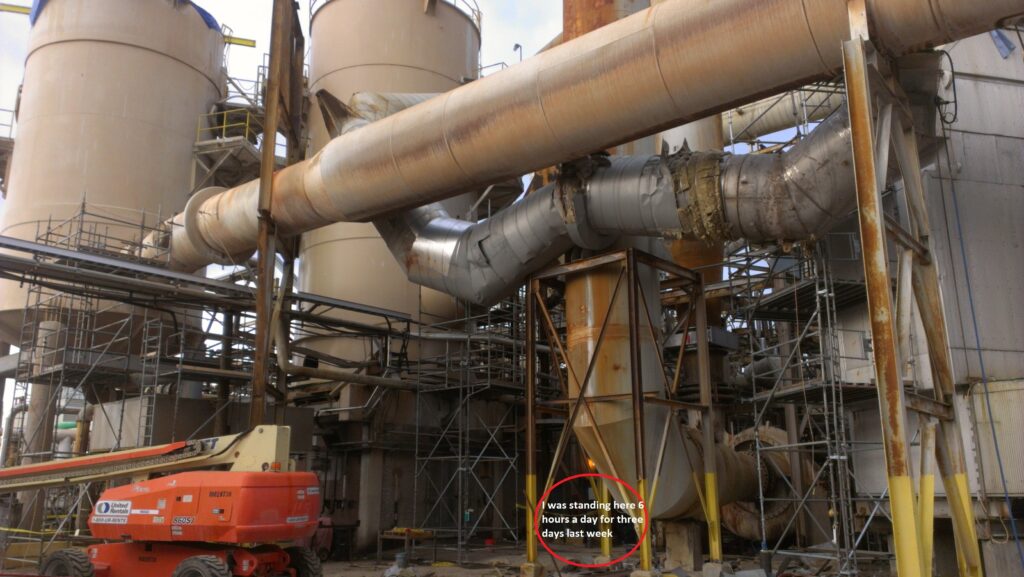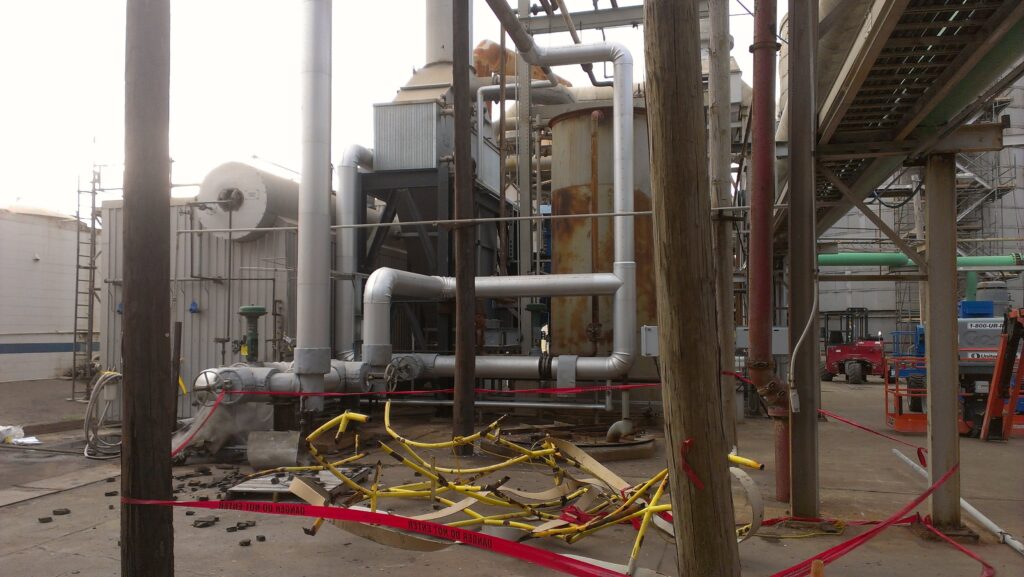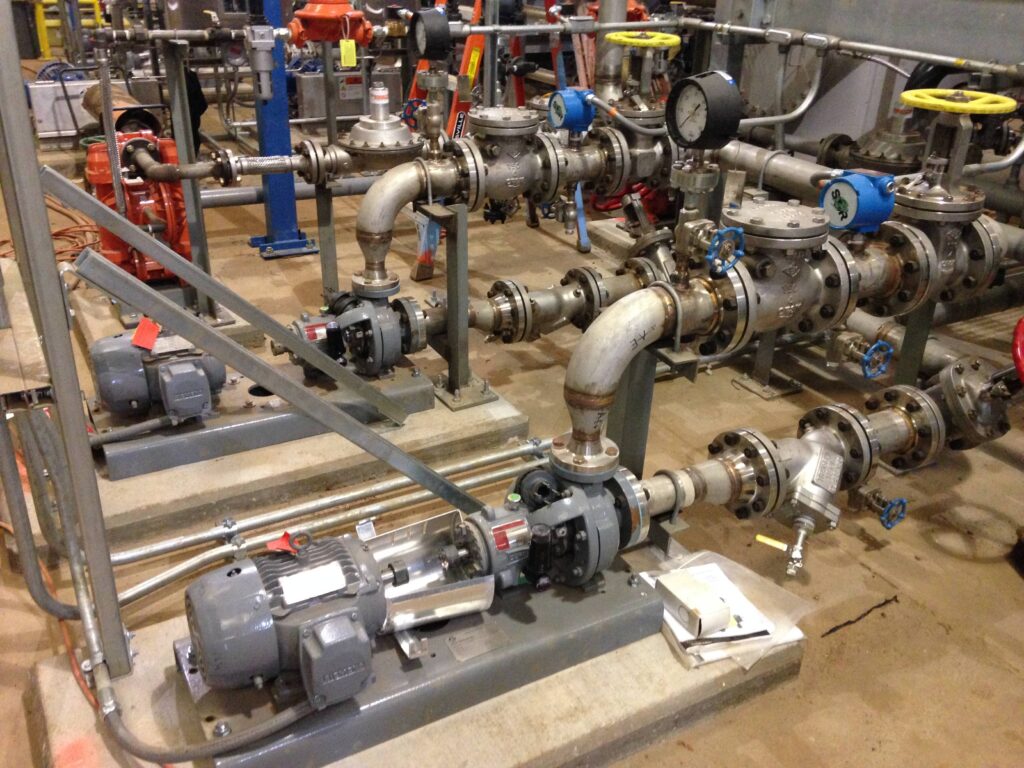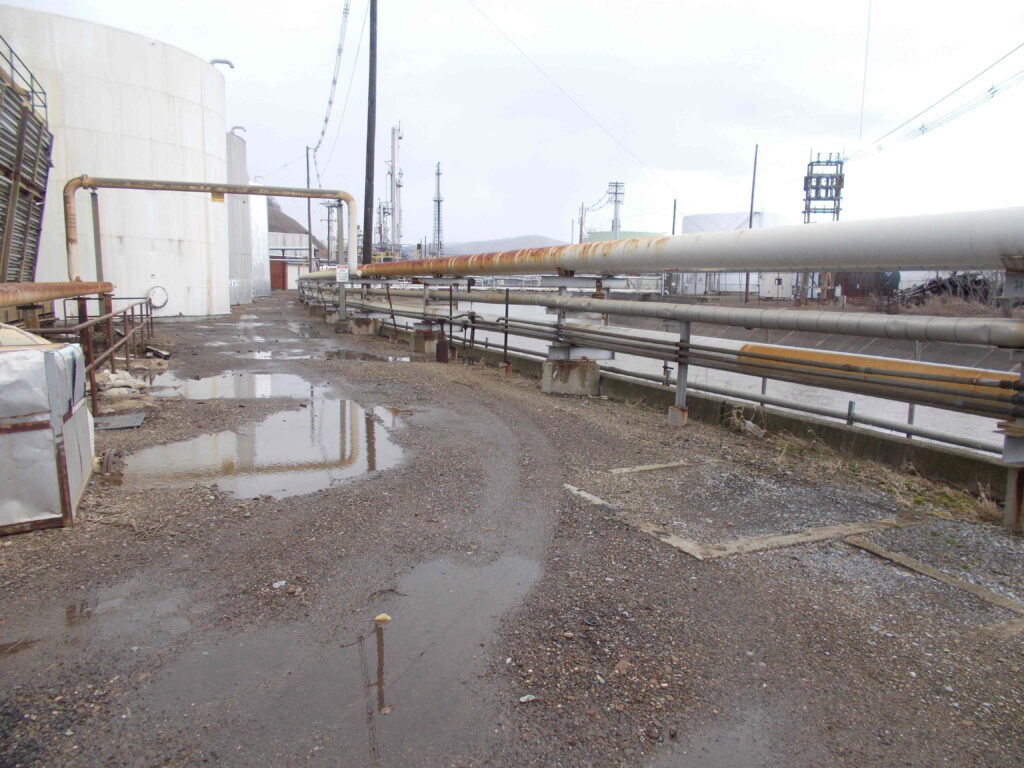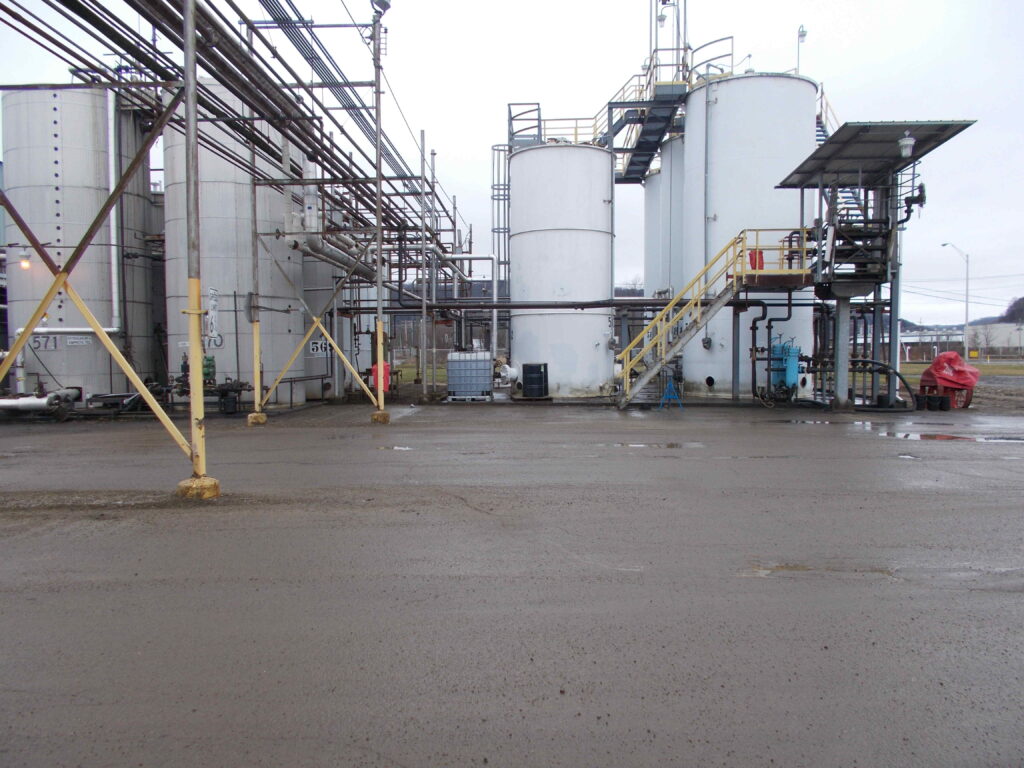People Spotlight: Meet Joyce O’Donnell
Our People Spotlight series gives you an inside look at our technical experts around the world. This week, we are highlighting a project manager from our Water business line in the U.S. East region and providing an insight into their inspiration and work.
Joyce O’Donnell is a registered professional engineer with over 30 years of experience in process engineering. She holds a master’s degree in environmental engineering and a bachelor’s degree in chemical engineering from Worcester Polytechnic Institute. Based in New England, Joyce began her career supporting military operations and has since expanded her expertise across various industries, including oil and gas, petrochemicals, pulp and paper, electroplating and metal finishing.
During her 15-year tenure at AECOM, Joyce has worked across both Environmental and Water business lines, focusing on industrial wastewater treatment systems. Her roles have involved design, operation, and troubleshooting, as well as participating in regulatory audits and preparing permitting documentation. Joyce’s extensive experience also includes process safety and process safety management, demonstrating her versatility and commitment to the field.
Tell us about what inspired you to join the industry
My entry into the industry was shaped more by circumstance than intention. My background is in chemical engineering, and many chemical engineers enter the oil and gas industry. However, when I graduated from college, the oil and gas sector was experiencing a downturn. Consequently, I was hired by a small engineering firm in New England that supported metal finishing operations. New pretreatment regulations under the Clean Water Act had recently been issued for certain industrial categories, including the metal finishing and electroplating industries. As such, many industrial facilities in the greater Boston and Providence area were required to install new or upgraded wastewater treatment systems to comply with these new regulations. This is how I began working in industrial wastewater management.
Because those regulations were new, I had to learn them thoroughly, and this knowledge has stayed with me. Interestingly, those regulations haven’t changed much since then. Working at the small engineering firm was enjoyable because I had to handle everything, from answering phones, field sampling, and engineering design tasks. This experience marked the beginning of my journey in the industry.
My entry into the industry was shaped more by circumstance than intention.
What is your favorite AECOM project that you’ve worked on and why?
One of my favorite projects was for a small oil refinery in the southern United States where my involvement in the project scope continued from start to finish. We began by diagnosing performance issues in the wastewater treatment system resulting in violating discharge limits and recommended a new, upgraded, wastewater treatment system to reliably maintain compliance. The new treatment system was also sized to handle increased flow capacity to support future expansion. We conducted thorough wastewater characterization and developed the basis of design. Following this, we proceeded with the detailed design, ensuring every aspect of the new system was meticulously planned. The design included wastewater equalization and transfer, oil/water separation (API Separator), dissolved gas flotation (DGF) with nitrogen blanketing, chemical addition, and sludge dewatering. At the completion of the design phase, we developed the bid documents, evaluated the bids, and recommended an equipment vendor for all major process units. Once the equipment was installed, we provided hands-on support during the startup phase. The treatment system is still running today, and the client remains very satisfied with the results.
This project stands out as a success story because we were involved from the very beginning, through design, installation, and operation. It was incredibly rewarding to see the project through to completion and know that it continues to operate smoothly. The experience reinforced the importance of comprehensive planning and execution in achieving long-term success.
One of my favorite projects was for a small oil refinery in the southern United States. This project stands out as a success story because we were involved from the very beginning, through design, installation, and operation. It was incredibly rewarding to see the project through to completion and know that it continues to operate smoothly.
Tell us a story of how your work positively impacted the community.
One memorable project involved conducting a safety audit for a paper mill in Florida. We arrived about six months after a hurricane had devastated the facility, and the employees were still recovering from the aftermath. The damage was significant, affecting both the mill and the local community. During the safety audit, we asked the staff to reflect on what went well — and what didn’t — during the hurricane.
The facility stores and generates a significant quantity of hazardous chemicals requiring an audit of their management practices under EPA’s Risk Management Plan (RMP) regulations. AECOM had performed the previous audit at this plant three years prior and made several recommendations including the conduct of emergency preparedness drills and coordination with the industrial facility located immediately adjacent. Since our previous audit, the facility had made notable improvements in how it manages hazardous materials and has conducted emergency drills — which proved vital during the crisis. Their preparedness ensured that the release of hazardous chemicals was prevented, protecting the community.
This project was particularly impactful because it highlighted the importance of walking in our clients’ shoes. It remains a vivid memory, reminding me of the human side of engineering and the resilience of those we serve.
Yet, despite their success in mitigating the risks, the experience left a lasting emotional impact. The team was eager to share their stories. My colleague encouraged the client team to discuss their personal experiences, giving them space to describe how the hurricane affected their lives and the wider community. This project was particularly impactful because it highlighted the importance of walking in our clients’ shoes. It remains a vivid memory, reminding me of the human side of engineering and the resilience of those we serve.
Share a piece of career advice
Adopt a positive approach by saying yes to new experiences. I recommend younger engineers spend time in the field to gain practical insights. Seeing equipment and talking with operators firsthand is invaluable. Moreover, personal interactions, even in the office, are essential in our digital age, especially after COVID. Direct conversations enhance communication and build stronger relationships and can often lead to your next professional opportunity.
